Commentary on the upcoming run-off between Mohammed Morsi and Ahmed Shafiq and the role of Egypt’s youth and soccer fans. The Arab world’s first free and fair presidential elections pose a dilemma and a wake-up call for militant Egyptian soccer fans and revolutionary youth groups as the two surviving candidates seek to win their votes in the upcoming run-off in which a majority of the votes are up for grabs. To many analysts, the results of the first round that produced former President Hosni Mubarak’s last Prime Minister Ahmed Shafiq and the Muslim Brotherhood’s Mohammed Morsi as the two surviving candidates, illustrate the marginalization of the revolutionaries and the soccer fans. Yet, a closer look shows that the result constitutes both a narrow defeat and an opportunity for those in Egypt yearning for real change rather than an immediate restoration of stability in the face of growing unemployment and rising street crime. In a country that 15 months after Mubarak’s ouster has grown protest weary and yearns for a return to economic growth and security, Morsi and Shafiq’s victory reflects the fact that they represent the two Egyptian forces with an institutionalized political machinery and political experience. Shafiq moreover benefitted from a state-owned media that portrayed the youth and soccer fan groups as responsible for the post-revolt instability and economic decline. Nonetheless, the two candidates favored by the revolutionaries – independent Islamist Abdel Moneim Abul Fotouh and Nasserist Hamdeen Sabahi – together won 40 per cent of the vote. They failed to make it into the run-off because they split the vote for change. “The Mubarak camp understood that for them this first round was now or never. They had to win. We were divided in the spirit of democracy. We would have won had we decided to support one candidate,” said a militant soccer fan. In a failed attempt, Sabahi called for a partial vote recount, citing violations that he said could have changed the outcome given that he failed to make the cut for the run-off by a margin of only 700,000 votes. For their part, Morsi and Shafiq secured 49 per cent of the vote in a first round in which 13 candidates stood for office. Morsi’s 25% is a far cry from the 46% the Brotherhood won in last year’s parliamentary election. As a result, Morsi and Shafiq focused barely 48 hours after the first round on seeking to convince youth groups and soccer fans that they stand for change rather than for preserving as much of Mubarak’s repressive regime as possible or an accommodation that would secure the role, privileges and perks of Egypt’s transitory military rulers. Theirs are campaigns that are already shaping up ones that play on people’s fears – the fear of the restoration of the Mubarak regime versus the fear of Islamic rule. Nonetheless, swaying the youth and soccer fan groups is likely to prove a tall order, albeit one that may be easier for Morsi than for Shafiq. For the youth groups and soccer fans who were at the core of last year’s mass protests that toppled Mubarak and since then fought pitched street battles against security forces in a bid to force the military to return to its barracks, Shafiq is unpalatable. Morsi, with youth groups and militant, highly politicized, well organized violence-prone, street battled-hardened soccer fan groups or ultras debating whether to rally behind the Muslim Brotherhood leader or boycott the next election, stands a reasonable chance of securing at least a segment of the revolutionary vote. Nonetheless, it remains for the youth and soccer fan groups a choice between two evils. Shafiq, who was forced to resign shortly after the toppling of Mubarak, defended the former president’s regime long after his departure and made criticism of the revolt a pillar of his first round election campaign, sought recently to assure the youth groups, soccer fans and undecided voters that he intended to realize the goals of their revolt. He vowed that there would be no "recreation of the old regime" and said he was “fed up with being labeled 'old regime’. “All Egyptians are part of the old regime," he said. That is unlikely to cut him much slack with youth groups and soccer fans who see him as co-responsible for the bloody street battles with security forces and pro-Mubarak thugs in which hundreds of people were killed in the walk-up to the ousting of the president. Shafiq was appointed prime minister by Mubarak four days after last year’s protests erupted in a last attempt to squash the demonstrations and left office barely two weeks after the president was ousted. Addressing youth groups and soccer fans in an about face at a recent news conference, Shafiq said: "Your revolution has been hijacked. I pledge to bring its fruits between your hands. Egypt has changed and there will be no turning back the clock. We have had a glorious revolution. I pay tribute to this glorious revolution and pledge to be faithful to its call for justice and freedom." If Shafiq’s legacy is one that he will find hard to live down, Morsi will have to alter the perception that youth and soccer fan groups believe that the Brotherhood’s repeated willingness to accommodate the military in the post-revolt phase, including its backing for last year’s March 19 referendum on constitutional amendments, helped derail their revolt aimed at achieving social justice and greater freedom. That referendum among others contributed to a situation in which decisions of the five-member Elections Committee, headed by an obscure judge originally appointed by Mubarak to oversee his son’s succession and whose deputy is a judge believed to be close to the ruling Supreme Council of the Armed Forces, are final and cannot be appealed. It also has led to a president being elected without his powers being defined by a constitution that has yet to be drafted. “Morsi has a lot to answer for. He nonetheless stands a fighting chance to convince at least some of us that he is the better of two evils. Shafiq will appeal to those who want a return to stability and an end to the revolution. But he won’t find any buyers among the youth and the ultras,” said one militant soccer fan who is a yet undecided whether he will vote in the run-off. *[A version of this article originally appeared on James M. Dorsey’s blog on May 27, 2012]. The views expressed in this article are the author's own and do not necessarily reflect Fair Observer’s editorial policy.
Support Fair Observer
We rely on your support for our independence, diversity and quality.
For more than 10 years, Fair Observer has been free, fair and independent. No billionaire owns us, no advertisers control us. We are a reader-supported nonprofit. Unlike many other publications, we keep our content free for readers regardless of where they live or whether they can afford to pay. We have no paywalls and no ads.
In the post-truth era of fake news, echo chambers and filter bubbles, we publish a plurality of perspectives from around the world. Anyone can publish with us, but everyone goes through a rigorous editorial process. So, you get fact-checked, well-reasoned content instead of noise.
We publish 2,500+ voices from 90+ countries. We also conduct education and training programs
on subjects ranging from digital media and journalism to writing and critical thinking. This
doesn’t come cheap. Servers, editors, trainers and web developers cost
money.
Please consider supporting us on a regular basis as a recurring donor or a
sustaining member.
Will you support FO’s journalism?
We rely on your support for our independence, diversity and quality.



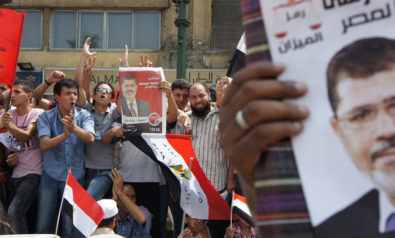
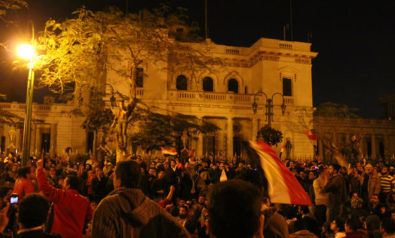
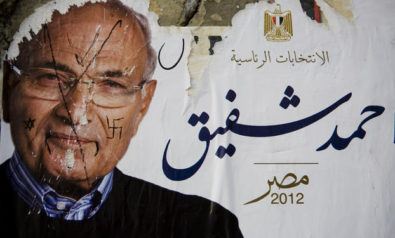
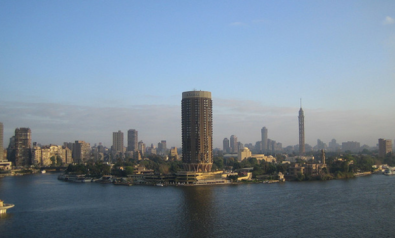

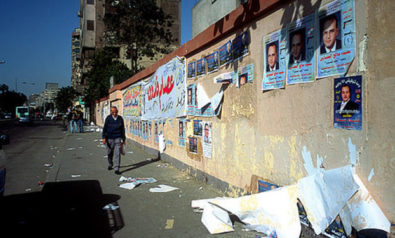

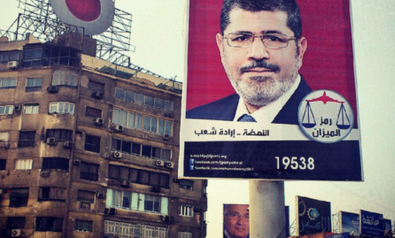

Comment